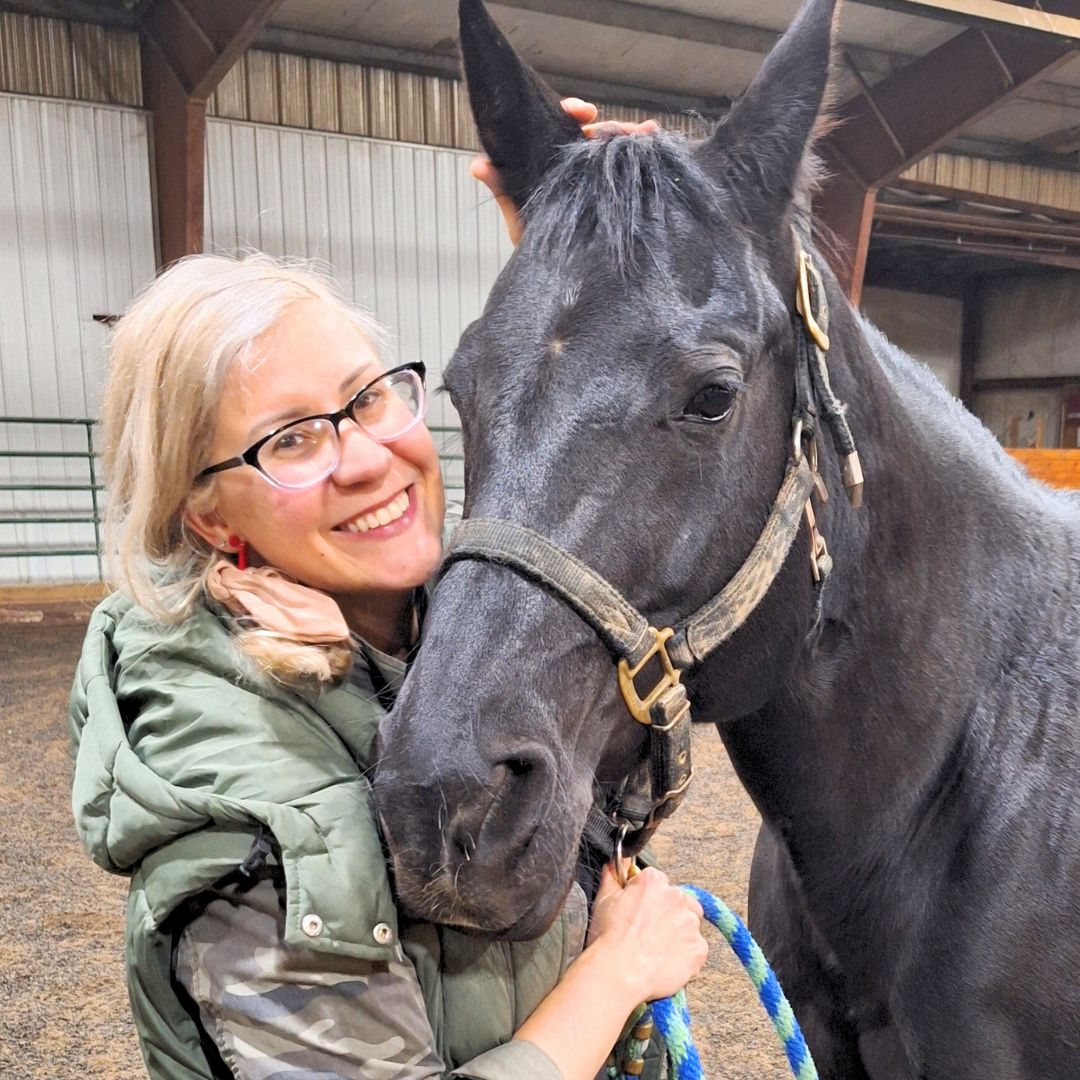Exploring the Power of Hippotherapy for Trauma Recovery

In the realm of rehabilitation, where innovative methods continuously emerge, one particular approach stands out for its unique blend of traditional wisdom and modern science: hippotherapy improves function for people who have experienced trauma. This unconventional form of therapy harnesses the healing power of horses to aid individuals in overcoming physical and emotional trauma while working on their rehabilitation goals. From veterans grappling with post-traumatic stress disorder (PTSD) to survivors of abuse or accidents, hippotherapy has shown remarkable efficacy in promoting function, healing, and resilience.
Understanding Equine-Assisted Therapy Versus Hippotherapy:
Equine-assisted therapy involves interaction with horses in a structured environment under the guidance of trained mental health therapists. Unlike traditional therapy settings, the presence of horses creates a dynamic and immersive experience that facilitates emotional expression within the mental health realm. Hippotherapy is a treatment tool used by physical therapists, occupational therapists, and speech-language therapists to address impairments, functional limitations, and disabilities in clients with neuromusculoskeletal dysfunction (AHA). Unlike equine-assisted therapy focused on mental health, hippotherapy is a tool that uses evidence-based practice and clinical reasoning in the purposeful manipulation of equine movement as a therapy tool to engage sensory, neuromotor, and cognitive systems to promote functional outcomes.
The Bond Between Humans and Horses:
Horses, known for their sensitivity and intuition, possess a remarkable ability to mirror human emotions and respond to nonverbal cues. This unique quality forms the foundation of equine-assisted therapy and hippotherapy, where the therapeutic relationship between humans and horses serves as a catalyst for healing.
Physical Benefits of Hippotherapy:
For individuals recovering from physical trauma or injury, interacting with horses can offer a range of physical benefits. The rhythmic motion of a pelvis on the horse’s back mimics the tri-planar movement of walking, helping to improve balance, coordination, and muscle strength. Additionally, the movement of the horse provides a passive range of motion to the pelvic muscular joint. Additionally, grooming and caring for horses provide opportunities for gentle exercise and fine motor skill development.
Addressing Emotional Trauma:
Beyond its physical benefits, hippotherapy is particularly effective in addressing emotional trauma while working towards rehabilitation goals. Horses, as prey animals, are highly attuned to their surroundings (neuroception) and can sense fear, anxiety, or distress in humans (interoception). Through interactions with horses, individuals are encouraged to experience their emotions in a safe and supportive environment.
Building Trust and Confidence:
For trauma survivors, rebuilding trust and self-confidence can be a challenging journey. Horses, with their nonjudgmental nature and unconditional acceptance, offer a unique platform for survivors to develop trust and assertiveness. As survivors learn to communicate effectively with horses, they often experience a newfound sense of empowerment and self-worth.
Case Studies:
Numerous case studies and anecdotal evidence attest to the transformative impact of horse-assisted therapy on trauma recovery. Veterans struggling with PTSD have reported reduced symptoms and improved coping mechanisms after participating in equine-assisted programs. Similarly, survivors of abuse or accidents have found solace and healing through their interactions with horses.
The Science Behind Working with Horses:
While the healing power of horses has been recognized for centuries, modern research is beginning to unravel the science behind equine-assisted therapies including hippotherapy. Studies have shown that interactions with horses can lead to decreased levels of stress hormones, such as cortisol, and increased production of endorphins and oxytocin, often referred to as the "love hormone." These physiological changes contribute to a sense of relaxation and emotional well-being
Conclusion:
In a world where trauma and adversity are all too common, innovative approaches to rehabilitation are essential for promoting healing and resilience. Hippotherapy offers a holistic and experiential approach to trauma recovery, addressing both the physical and emotional aspects of healing. As the evidence supporting its efficacy continues to grow, hippotherapy stands as a beacon of hope for individuals on the path to healing.
In the serene presence of these majestic creatures, individuals find solace, strength, and a renewed sense of purpose. In the dance between human and horse, healing takes flight, one hoofbeat at a time.
 Lauren Mansell, PT, DPT, CLT, PRPC utilizes her horse Maggie as the tool of Hippotherapy for her pelvic, oncology, and lymphatically dysfunctioned patients through her private practice in Frankfort, IL. Lauren took Hippotherapy I and II in Lexington, KY in 2010 and 2011 respectively. Working with patients with high trauma rates, utilizing hippotherapy has been a tool to help patients create safety within their bodies. Lauren has spent over 25 years working with people who have experienced severe trauma and has developed Trauma Awareness for the Pelvic Therapist to increase trauma awareness and the ability to provide appropriate physical therapy for trauma survivors.
Lauren Mansell, PT, DPT, CLT, PRPC utilizes her horse Maggie as the tool of Hippotherapy for her pelvic, oncology, and lymphatically dysfunctioned patients through her private practice in Frankfort, IL. Lauren took Hippotherapy I and II in Lexington, KY in 2010 and 2011 respectively. Working with patients with high trauma rates, utilizing hippotherapy has been a tool to help patients create safety within their bodies. Lauren has spent over 25 years working with people who have experienced severe trauma and has developed Trauma Awareness for the Pelvic Therapist to increase trauma awareness and the ability to provide appropriate physical therapy for trauma survivors.
Join Lauren In the remote course scheduled for May 11th to take a deep dive into the science of trauma.
By accepting you will be accessing a service provided by a third-party external to https://www.hermanwallace.com/



































